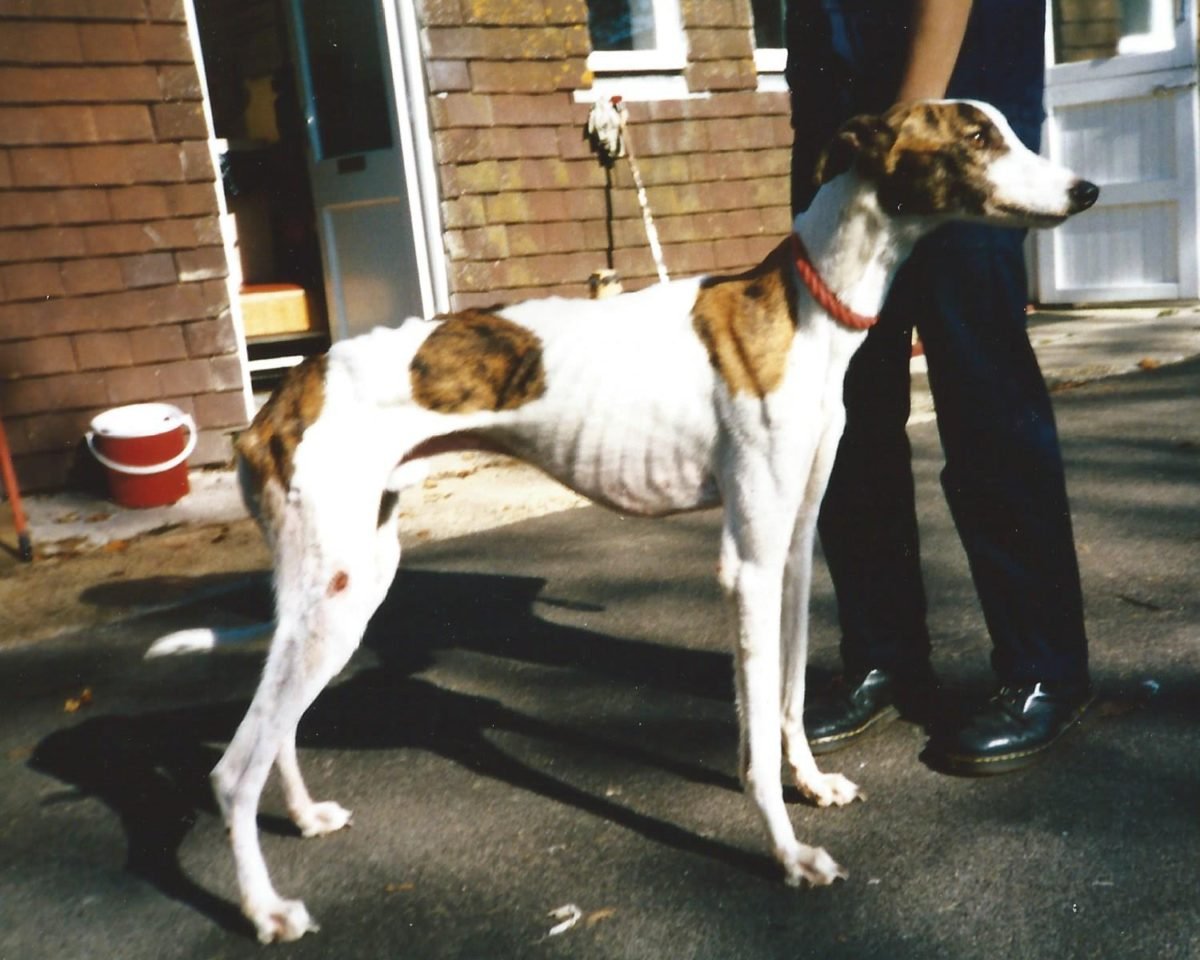Reporting animal cruelty in the U.K can be confusing. Ask most people who they think of first when reporting animal cruelty in the U.K and you can almost guarantee they will answer RSPCA or Scottish SPCA. Ask them who they think is legally responsible for investigating and prosecuting animal abuse and you will probably get the same answer. But in reality this is not the case as they have only become the default agency because those who should be responsible show little appetite to get involved.
Many people do not realise that there are other official authorities they can contact.These include the police, local authorities and Department of Environment, Farming & Rural Affairs (DEFRA), who have all been happy to decry the RSPCA in the past but have shown little interest themselves, as it is an expensive and specialist area of law enforcement.
When the government introduced the all-encompassing new Animal Welfare Act 2006 they failed to appoint anyone to enforce it.
There is also a misplaced conviction that the Society has mythical powers of arrest, forced entry and seizure when the sad truth is that they have no powers at all. The other agencies do not have a statutory duty to bother only a moral one and because of this mindset the RSPCA have always stepped in to fill the breach. But not everyone is happy with this situation and many believe they should not be allowed to prosecute and police authorities, judges, the media and legal profession regularly condemn the RSPCA and state that there is a conflict of interest and they have muscled their way into becoming the default agency.
Ironically there would be little or no investigation or prevention of animal cruelty without their input as they prosecute over 90% of cases taken under the Animal Welfare Act, 2006 and they are the only organisation that collects statistics on cruelty, so without them we would not even know the level of animal abuse in the country. Basically the Police, our local authorities and DEFRA should in theory be playing a bigger role. Recently there has been a lot of hand wringing at suggestions of giving legal powers to the RSPCA even though most other countries have gone down this route successfully.
The National Police Chiefs Authority have stated that: ‘Under the Animal Welfare Act 2006 there is no one agency that is held responsible or accountable for enforcement of animal welfare. This means there are inconsistencies, however the Police, local authorities and animal welfare charities do seek to work together to deal with serious cruelty to animals.’

So what is the real situation and who should you contact.
Reporting animal cruelty to the Police.
If you call a Police call centre they will usually automatically refer you to the RSPCA, but you should insist they attend if it is an emergency situation. The National Police Chiefs Council (NPCC) stated they are happy to: ‘signpost reports of animal welfare to the RSPCA and only provide a police response in emergency cases’.
In all fairness the Police are overstretched and in reality are out of their depth or comfort zone when it comes to animal cruelty issues. Many officers no doubt have the attitude that they have better things to do. They also admit that their front-line officers rarely use or even know about the Act and many forces rely on a few ‘specialist’ dog and wildlife crime officers to deal with animals.
Reporting Animal Cruelty to DEFRA.
You can report many aspects of cruelty to the local Department for the Environment, Farming and Rural Affairs (DEFRA) who are tasked with most aspects of the care, welfare and transport of livestock, slaughterhouses and animals in general, but the number of inspectors and inspections is woefully inadequate.
In 2016 they only managed to visit 1,676 farms out of 362,151 that were due inspection for animal welfare – just 0.46%. The potential for missed cases of suffering is huge.
Reporting animal cruelty to local authorities.
Local government authorities, usually the environmental health department inspectors, are responsible for licensing animal premises and welfare in dog breeding, pet shops, riding stables and most places where animal are kept. Like the Police they have no statutory duty to enforce the Animal Welfare Act.
But the Animal Welfare Act has discretionary powers for national and local authorities to appoint ‘inspectors’, but because of the cost and training required only 60% did so when the law was introduced, with many withdrawing them over the last decade due to the costs involved, and of these only 17% had inspectors dealing with companion animals.
In May 2020, Tracy Crouch, M.P. asked in the House of Commons how many animal welfare inspectors there were in Kent and was told the Government did not hold any such data under the Act and it was up to local authorities to “prioritise their resources”, so it seems the situation hasn’t changed.
Other Animal Charities.
Straying into areas involving campaigning against and prosecuting animal cruelty is contentious as well as expensive and risks alienating donors so most animal charities steer well clear and prefer instead to concentrate on the aftermath of irresponsible ownership and ill-treatment of animals.
Reporting animal cruelty in Scotland
Scotland approaches the subject differently and the Scottish SPCA (SSPCA) is designated a ‘Specialist Reporting Agency’, who report the facts of a case of cruelty to the Crown Office and Procurator Fiscal Service. And it is they who decide whether the evidence warrants a prosecution and is in the ‘public interest’. In this way it protects the SSPCA from any criticism or blame of victimisation or conflict of interest.
Many believe this is the way forward and ensures an independent and unbiased approach, but in reality, with all agencies already giving cruelty a low priority because of funding restraints and staffing, plus having a differing viewpoint on what constitutes abuse from those who deal with cruelty daily, it would undoubtedly result in very few prosecutions being taken and remove any deterrent to those who harm animals.
The easy solution would be to give the RSPCA more powers following extra police training and other safeguards, the road many other countries such as Australia, New Zealand and the USA have gone down, but in our land of animal lovers we don’t seem to be able to get our head round the idea.
